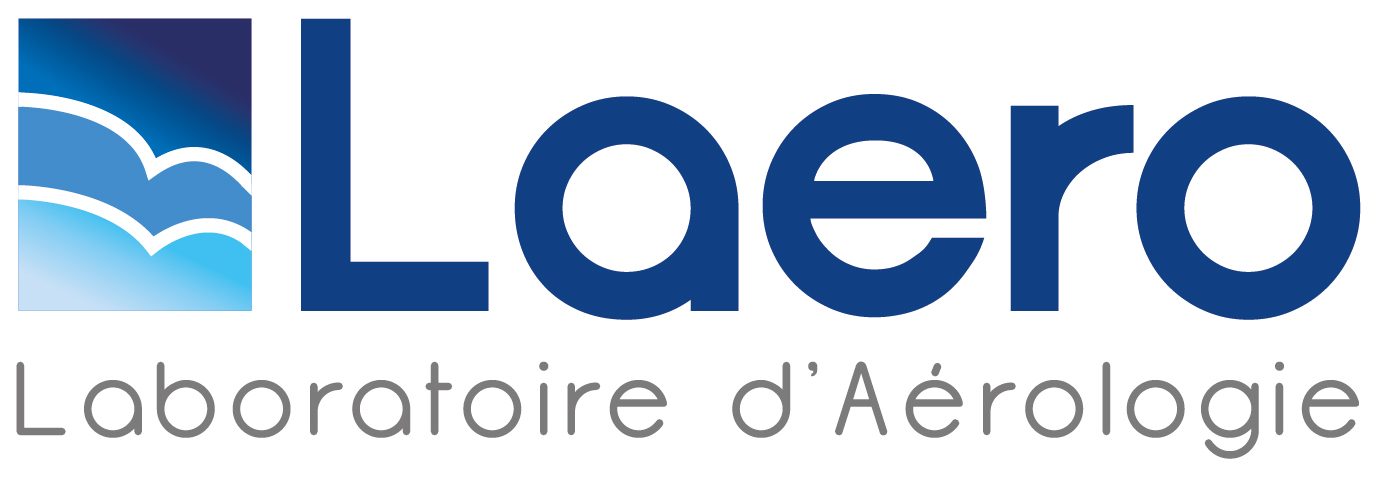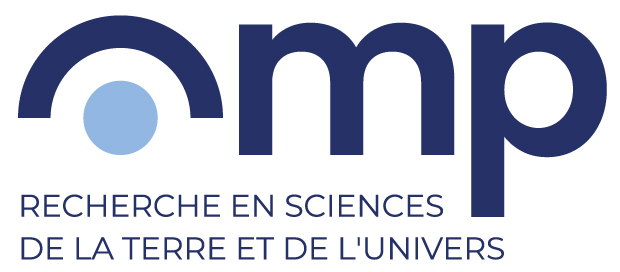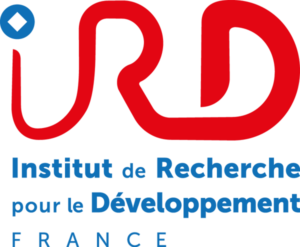SEMINAIRE: Towards predictive simulations of wildfire behavior and emission
The challenges found on the route to developing quantitative wildfire behavior models are twofold. There is the modeling challenge associated with providing accurate representations of the complex multi-physics processes that govern wildfire dynamics (involving biomass pyrolysis, combustion, flow dynamics as well as atmospheric dynamics and chemistry). There is also the data challenge associated with providing accurate estimates of the input data required by the models. Current fire models are limited in scope because of their inability to cover the entire range of relevant scales, and because of inaccuracies in the description of the physics as well as in the description of the controlling environmental and meteorological parameters. For this purpose, the uncertainty in regional-scale wildfire behavior and emissions modeling must be quantified and reduced.
One recent strategy to better account for fire/atmosphere interactions near the active flame zone consists in coupling a front-tracking simulator of surface fire spread with a meso-scale atmospheric model such as the FOREFIRE/MesoNH system. This coupled system is a
promising strategy to predict fine-scale features of wildfire behavior such as the fire characteristics (e.g. burning area, fireline intensity) as well as the dynamics of the smoke plume as demonstrated by the ANR-IDEA project (2010-2014)*︎. One important question still remains to be answered: how can such a two-way coupled system be useful both at research and operational levels? This seminar intends to present a few guidelines for improving our understanding of wildfires and our predictive capability of their impacts, at the land surface, on air quality and on atmospheric composition.






